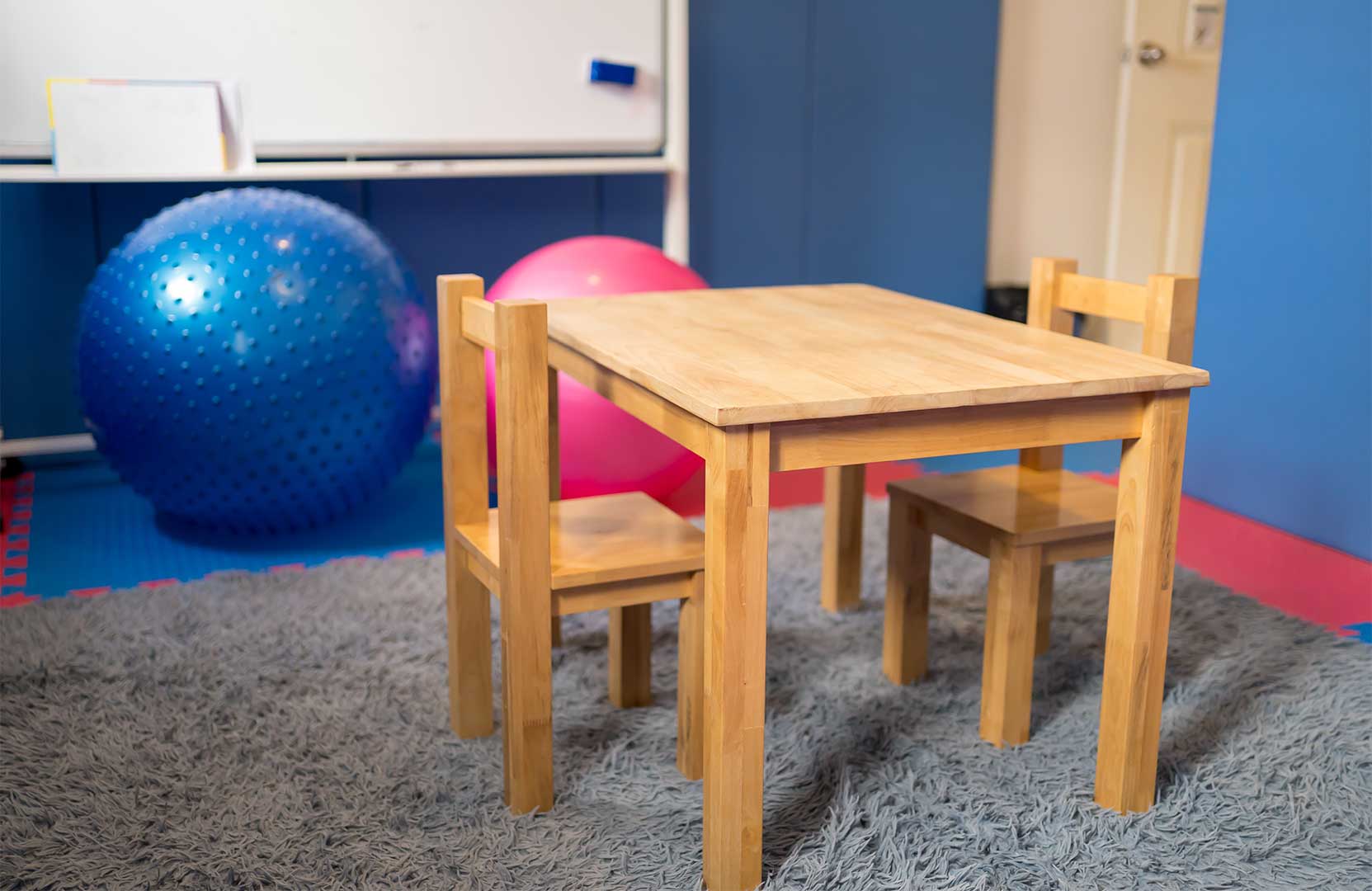Here are some tips for parents on how to handle meltdowns:
- Stay calm. It’s important to stay calm and not get angry or frustrated when your child is having a meltdown. This will only make the situation worse.
- Listen to your child. Try to understand why your child is upset and what they need. Sometimes, just listening to your child can help them to calm down.
- Set limits. It’s important to set limits and boundaries for your child, even when they are having a meltdown. This will help them to learn how to control their emotions and behavior.
- Redirect your child’s attention. If your child is having a meltdown, try to redirect their attention to something else. This could be a toy, a game, or even just a change of scenery.
- Take a break. If your child is having a meltdown that you can’t seem to handle, it’s okay to take a break. This could mean putting your child in a safe place for a few minutes or taking a few minutes for yourself to calm down.
- Seek professional help. If your child’s meltdowns are severe or frequent, it’s important to seek professional help. A therapist can help your child learn how to manage their emotions and behavior.
Here are some additional tips that may be helpful:
- Identify your child’s triggers. Once you know what triggers your child’s meltdowns, you can start to avoid those situations.
- Set realistic expectations. It’s important to set realistic expectations for your child. Don’t expect them to always be able to control their emotions.
- Be consistent. It’s important to be consistent with your discipline. If you give in to your child’s demands during a meltdown, they are more likely to have more meltdowns in the future.
- Praise your child’s good behavior. When your child is able to control their emotions and behavior, be sure to praise them. This will help them to learn that good behavior is rewarded.
It’s important to remember that meltdowns are a normal part of childhood. Most children will outgrow them as they get older. However, if your child’s meltdowns are severe or frequent, it’s important to seek professional help.
Find out if your child needs extra support today!
- My child screams hysterically
- My child is mean to other children
- My child is always worried
- My child is scared to go to school
- My child is scared of loud noises
- My child doesn’t know how to read
- My child is scared to play outside
- My child does not respond to his name
- My child always gets in trouble
- My child fights with other children
- My child doesn’t know how to count
If you are concerned about your child’s development, contact us for Assessments: Phone/Telegram: 077.455.993 – Telegram Link: https://t.me/OrbRom
If you are concerned about your child’s development, contact us for Assessments.
Phone/Telegram: 077.455.993 Link: https://t.me/OrbRom







Leave A Comment